
Protecting Local Biodiversity
Conventional pest control methods, particularly those using toxic rodenticides, have harmful consequences for New Zealand’s wildlife. Second-generation poisons often don’t kill rodents immediately. Instead, these rodents become vectors of poison, endangering native birds and mammals that prey on them — including hawks, owls, and other vital predator species. This toxic chain reaction disrupts entire ecosystems, placing long-term strain on fragile biodiversity.
The risks aren’t limited to wildlife. Pets such as dogs and cats that scavenge or hunt poisoned rodents are also at risk of secondary poisoning, which can lead to internal bleeding and serious organ damage.
Our SMART pest control technology eliminates this threat through safe, non-toxic monitoring and intervention methods that safeguard both human environments and the wider ecosystem. By doing so, we help protect the unique wildlife that makes New Zealand’s environment so special.
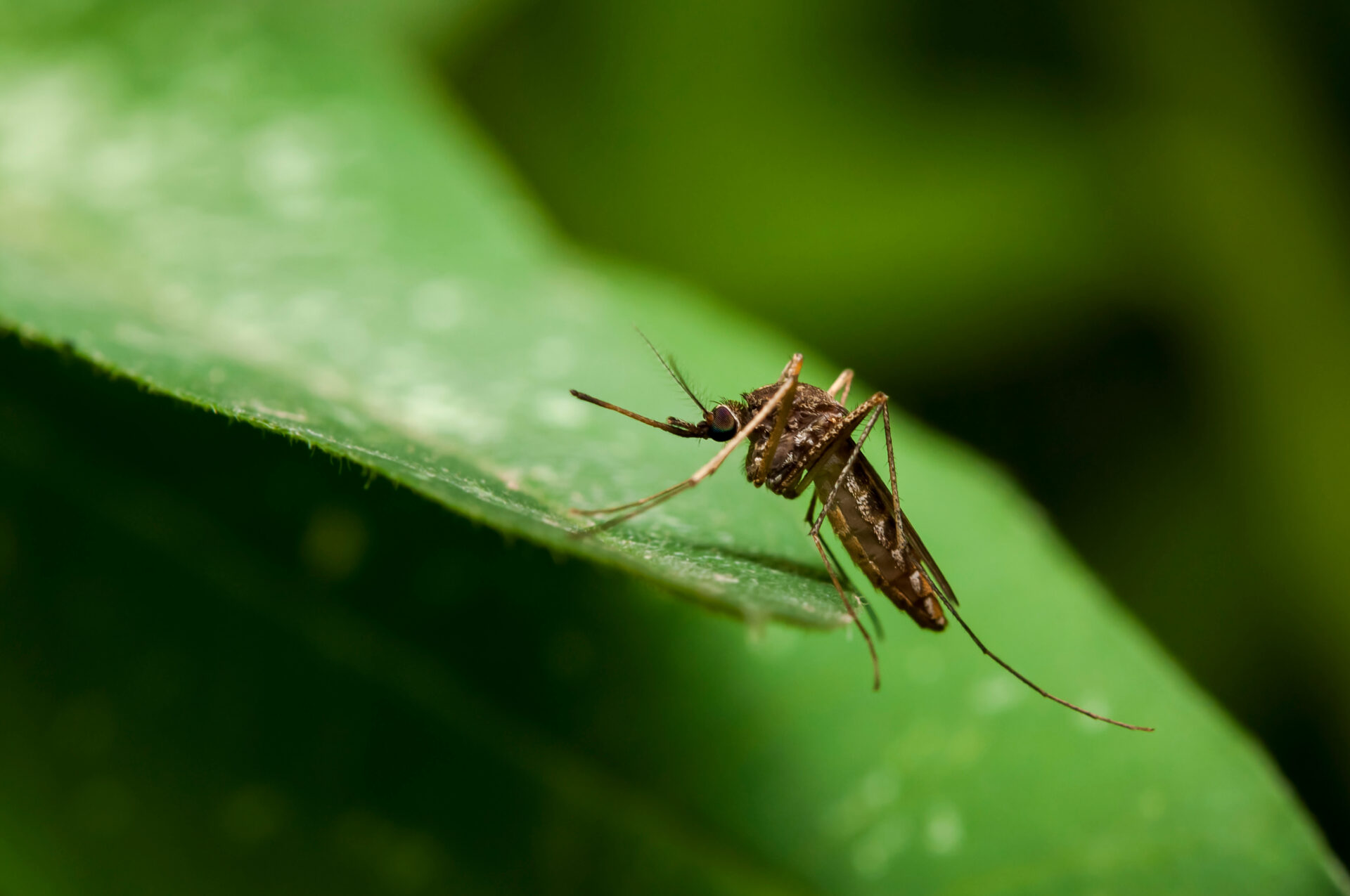
Preventing the Spread of Pest Borne Diseases
Pests are well-known carriers of bacteria and viruses that pose serious risks to public health. Research indicates that a significant proportion of known human infectious diseases originate from animals or pests — with pests such as rodents, cockroaches, and flies playing a key role in their transmission. Poor pest management creates the ideal conditions for these vectors to thrive.
Uncontrolled pest populations can lead to the spread of pathogens like salmonella, E. coli, Hantavirus, and Leptospirosis. Preventative pest control, centred around early detection and addressing root causes, is essential for reducing the risk of harmful infestations and protecting public health across homes, businesses, and communities.
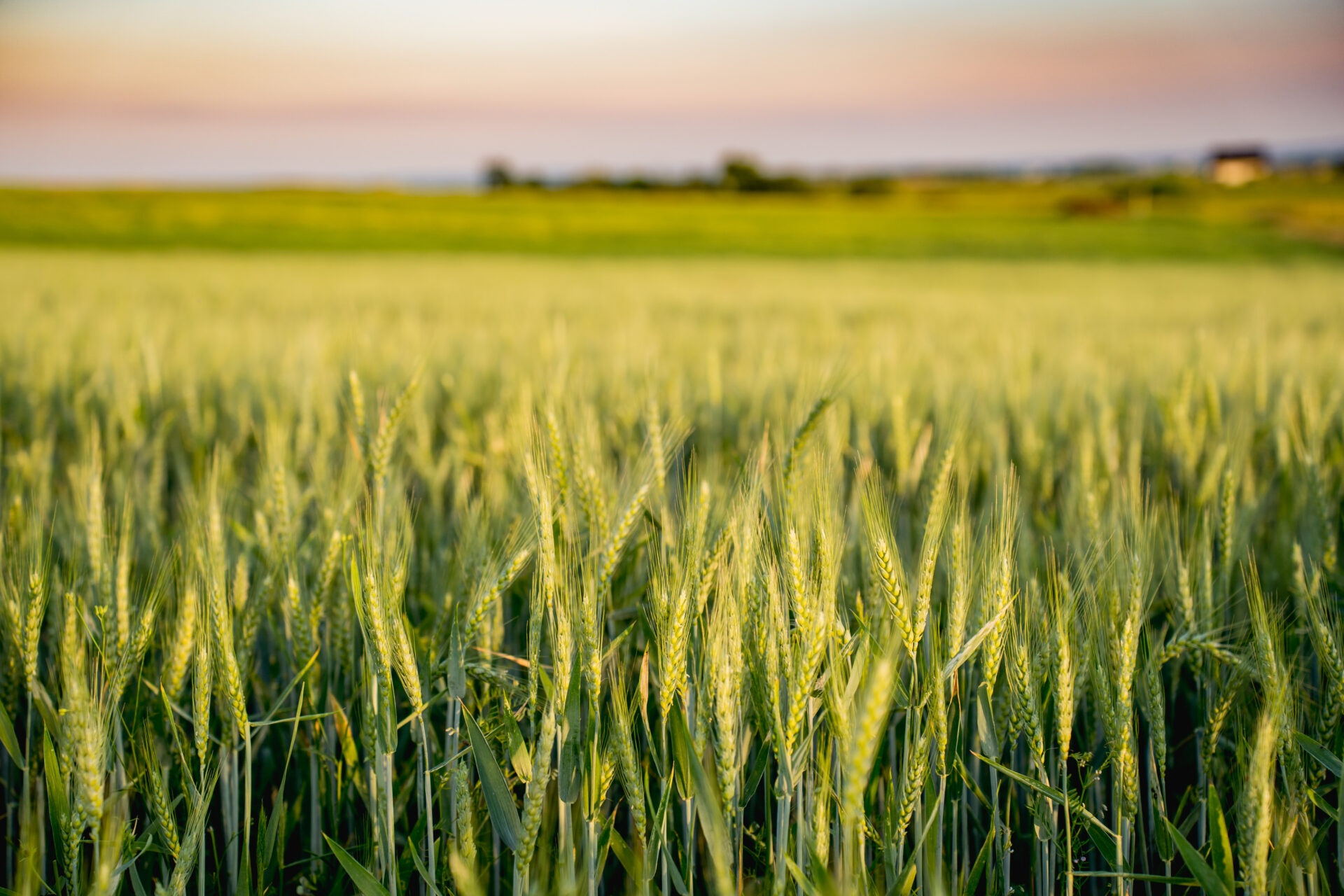
Minimising Property Damage and Food Waste
Pests in food production and processing environments are a major contributor to food waste and property damage. Rodents and insects contaminate goods, damage machinery, and force entire batches of products to be discarded — all of which leads to unnecessary landfill waste and increased greenhouse gas emissions.
Methane emissions from food waste are a major environmental concern, with methane being significantly more potent than carbon dioxide. By catching pest issues early through our SMART technology, we help reduce damage to facilities and prevent food loss across the supply chain — supporting more efficient resource use and reduced environmental impact.
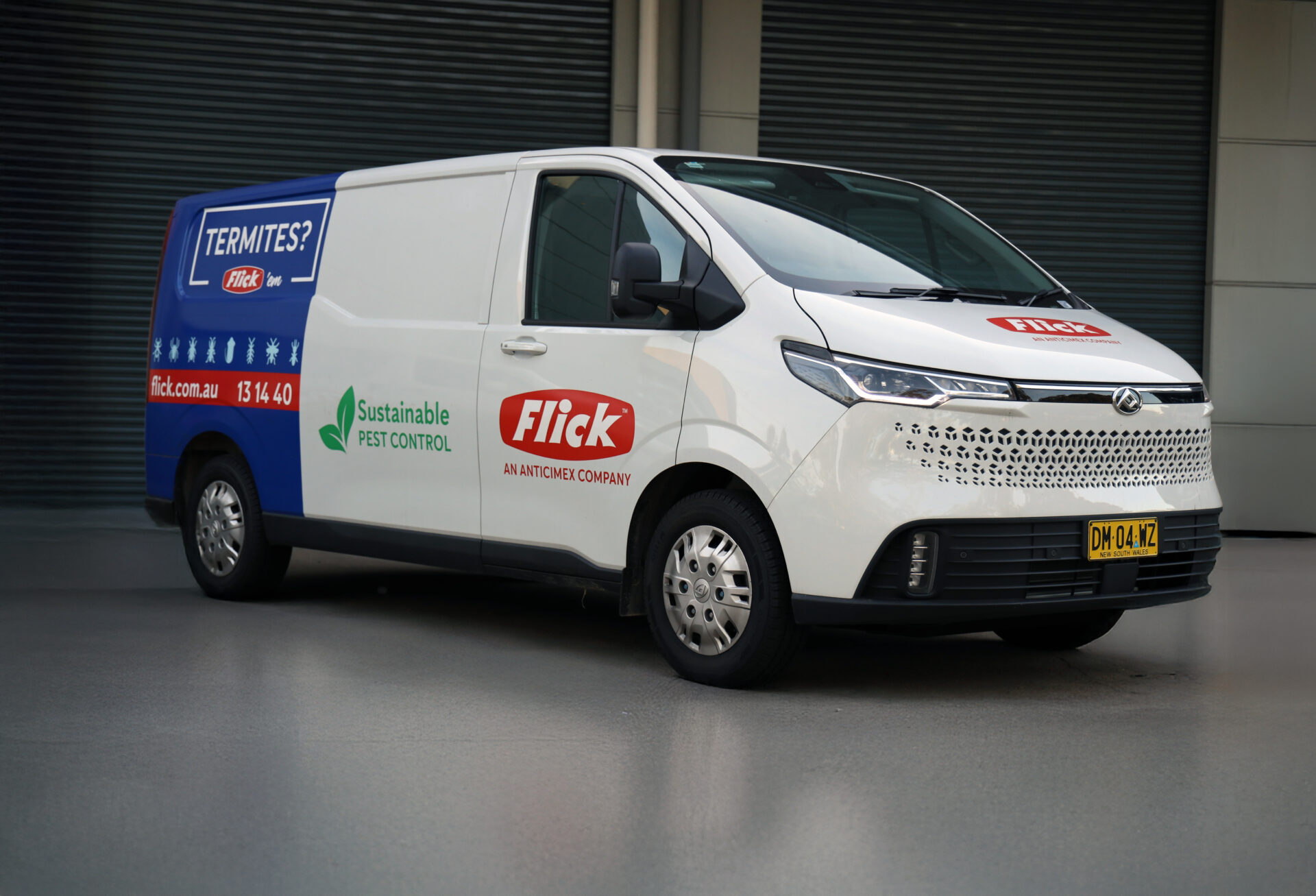
Conducting Business Sustainably
Beyond the key environmental impacts of pest control, our broader sustainability commitments include reducing emissions from our operations. We continue to optimise our service routes to reduce vehicle kilometres travelled and are actively working toward a gradual shift to electric vehicles within our fleet.
We also recognise that a sustainable business relies on a dedicated and empowered team. That’s why our strategy includes a strong focus on creating a safe, healthy, and engaging workplace environment, ensuring that Flick remains an employer of choice throughout New Zealand.
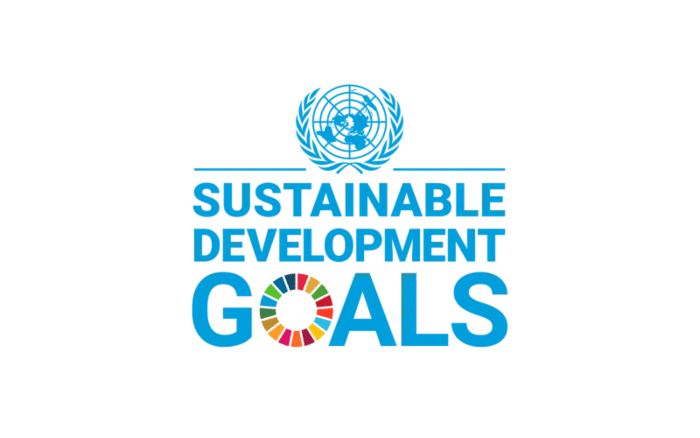
Aligned with UN Sustainable Development Goals (SDGs)
Our dedication to sustainability is deeply rooted in the core of our operations. By upholding our sustainable impact areas and aligning with the United Nations Sustainable Development Goals (SDGs), we are committed to fostering a positive and enduring impact on the environment, society, and future generations. This commitment strengthens our resolve to shape a better future through responsible practices and solutions.
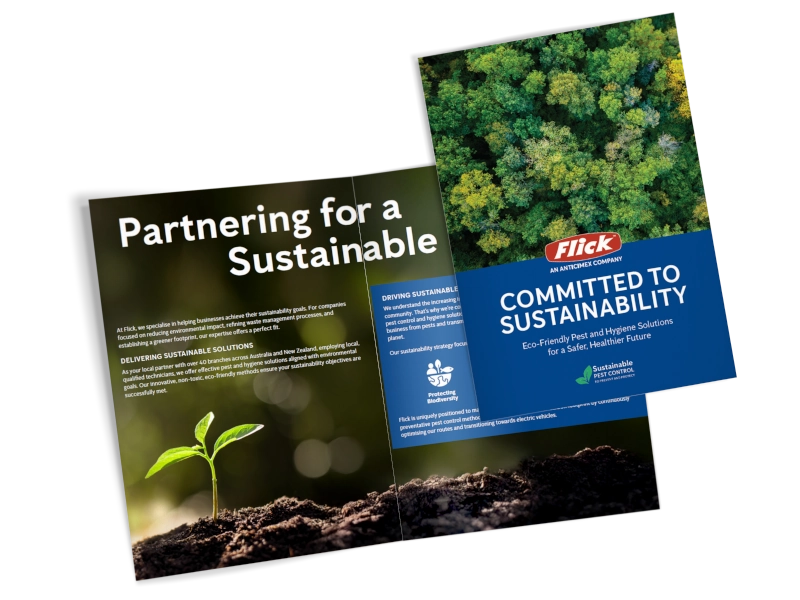
Get Our FREE 12-Page Sustainability Brochure
Learn more about our detailed commitment to sustainability and how we partner with businesses to help them achieve their sustainability goals.
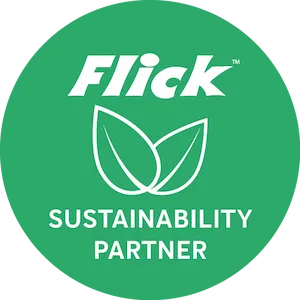
Proudly Display Your Sustainability Commitment
Are you a client who shares our commitment and uses our SMART solutions? You can now proudly display your sustainability efforts by adding our official badge to your own website.
